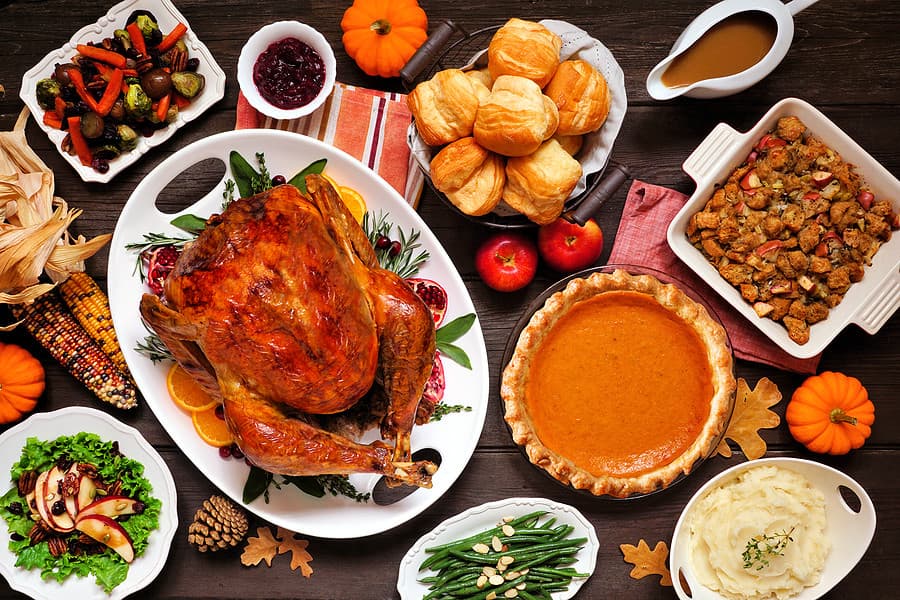As the holiday season approaches, Covid cases have increased exponentially in many parts of the country. All while experts warn that Thanksgiving gatherings pose a significant risk of spread. In light of the surge of cases and such risk, a question becomes: Can employers restrict their employees from attending large holiday gatherings? And even if they can, should they?
For starters, employers have a general duty under the Occupational Safety and Health Act (OSHA) to provide their employees with a workplace free from recognized hazards likely to cause death or serious physical harm. Because Covid poses a risk of harm to workers, employers may screen employees entering the workplace to determine whether an employee’s presence poses a direct threat to the health of others.
Indeed, employers in most states could ask employees if they have attended a gathering of 10 or more individuals outside of their household. They can then direct people to stay home if the answer is yes, as long as the rules are enforced consistently and impartially.
But even in states where employers can legally take action based on employees’ off-duty conduct, should they?
Many employees may balk at their employer regulating what they do outside of work. They may see such questions as an invasion of their privacy. Moreover, employers will be left to rely on employees’ self-reports. If workers will not be paid if they report attending a social gathering, they may have an incentive to earn a paycheck. Similarly, employees who are willing to forgo a paycheck may see this as an opportunity to enjoy vacation time that they would not otherwise have received.
To the extent that an employee’s position permits, employers should consider requiring all employees, or at least those who report having attended holiday gatherings, to work remotely for two weeks. Alternatively, companies could require people who attended holiday gatherings to stay home for five days before having a Covid test and then require evidence of a negative test result before returning to work.
However, in certain states (like New York), an employer cannot discriminate against an employee for engaging in lawful recreational activities outside of work. As a result, unless someone violates a state or local order by attending a holiday gathering, an employer in those states cannot take action against the employee.
Still, even in states with laws like New York’s, employers are permitted to encourage employees to stay home for Thanksgiving or to limit the size of their gatherings and interactions with others. In conveying this message, management can express a desire to keep people safe and to support local healthcare providers, who are facing hospitals at capacity.
Management should also lead by example by committing to stay home with only household members for their own Thanksgiving celebrations. To further encourage compliance, employers could consider offering grocery store gift cards to workers to help cover the cost of making their own Thanksgiving dinner at home.
If employees cannot feasibly work remotely, and business needs do not permit a large portion of the workforce to quarantine following the holidays, employers may want to consider other measures to reduce spread for a two-week period following Thanksgiving, like staggering shifts. Additionally, if they are not already doing so, employers should consider making masks mandatory until virus spread becomes more controlled. Otherwise, employers that do not take action may find themselves very short-staffed as the infection spreads through the holiday season.
